Famous brands that have different names around the world
Same product, different name
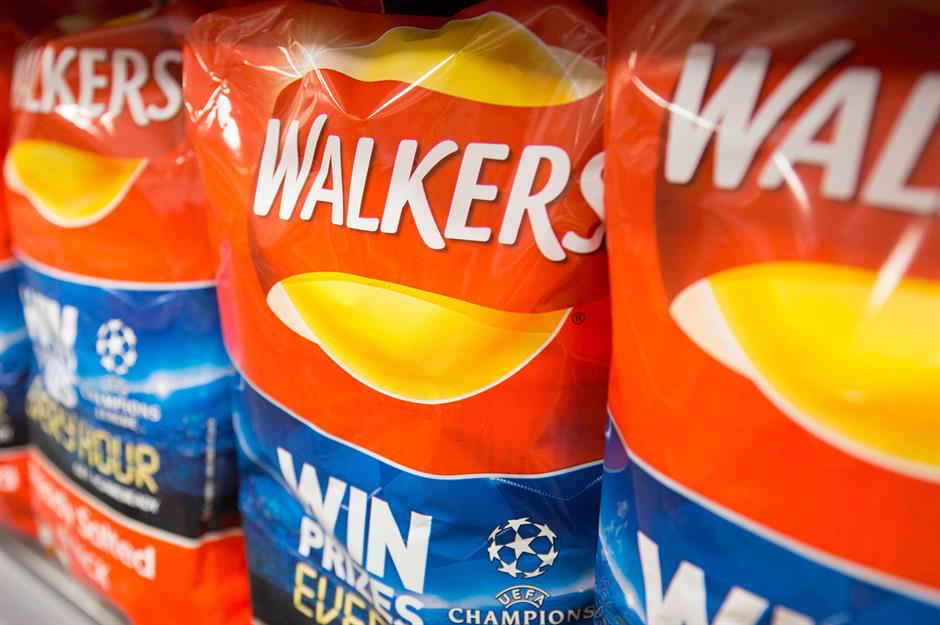
Some of the world's largest companies often rename their products to appeal to different markets, avoid conflicts, and even prevent awkward language mix-ups.
Read on to discover the famous brands that are known by different names around the world.
Burger King doesn't rule everywhere
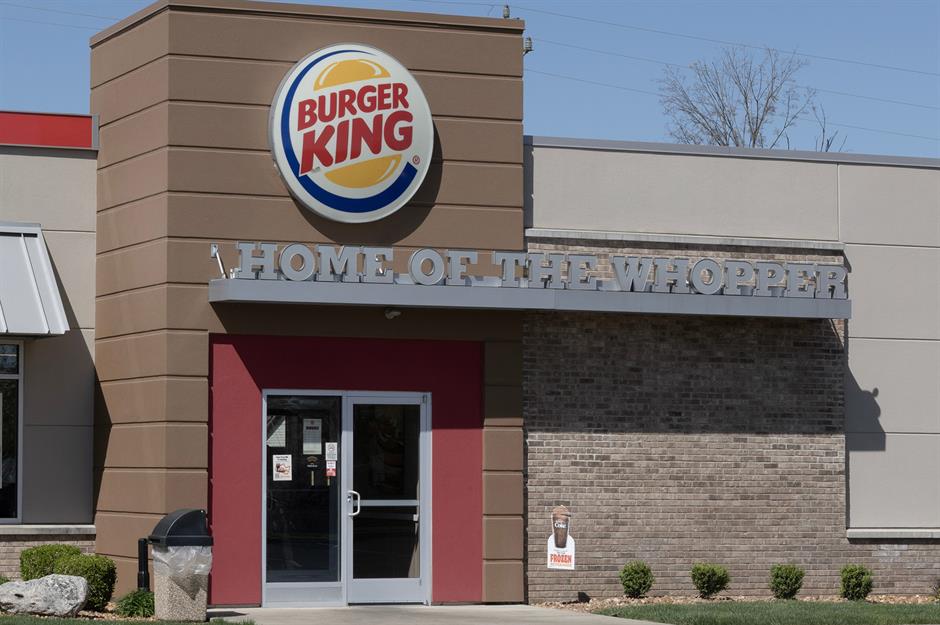
While fast food joint Burger King is a staple of many towns and cities, not all of its restaurants go by that name.
If you're in Australia and fancy a Whopper, you'll have to head to a Hungry Jack's to get one. It shouldn't be too hard to find though – after all, the two companies have pretty similar burger-themed logos...
Burger King is Hungry Jack's Down Under
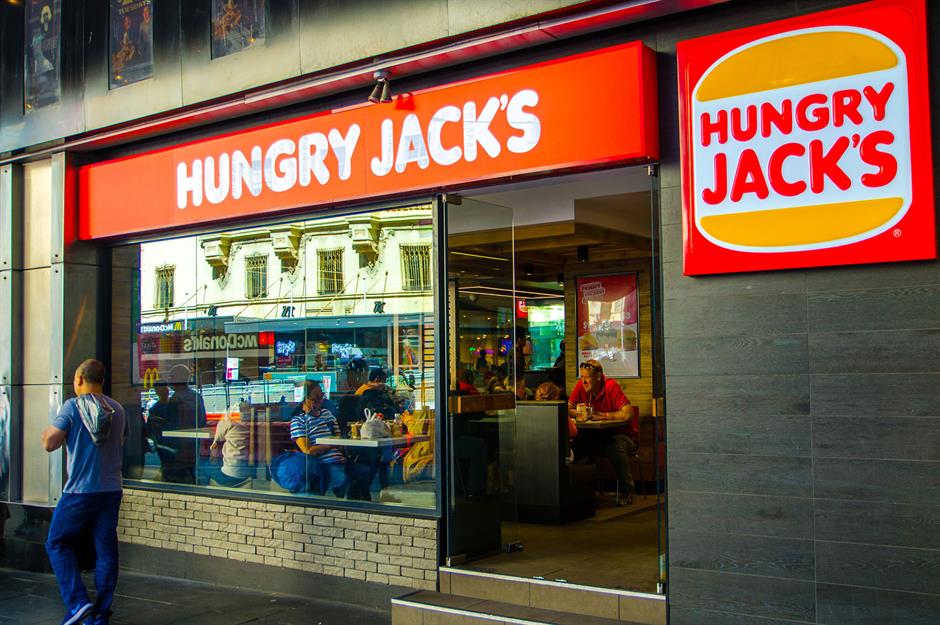
When Burger King entered the Australian market in 1971, another company was already using the name, meaning Burger King had to choose a different brand identity.
The business opted for Hungry Jack's and there are now more than 440 outlets Down Under. The now-iconic Aussie brand operates in every state and Hungry Jack's is the second-largest Burger King franchise in the world.
Sponsored Content
Don't always look for the KFC sign
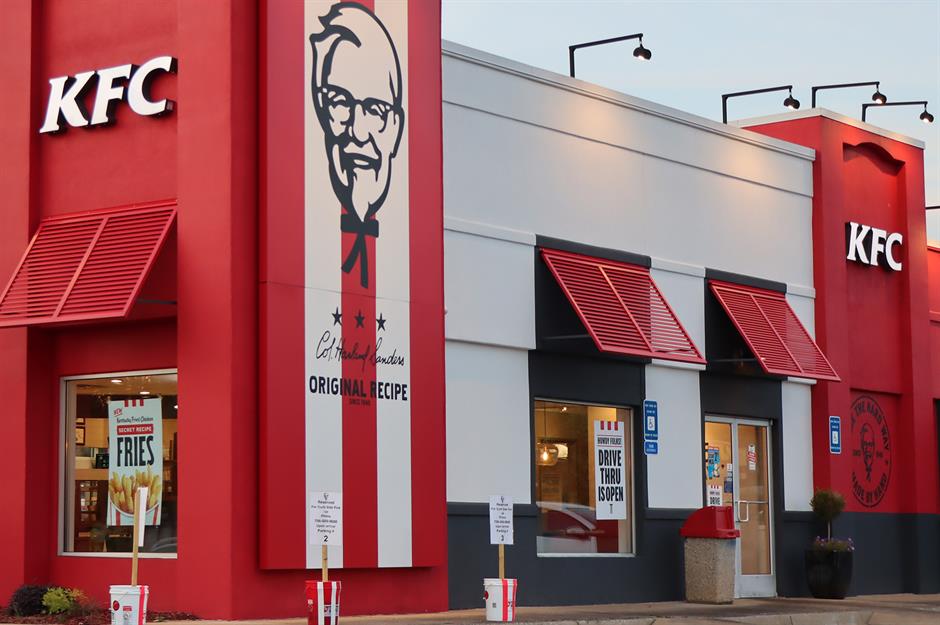
Kentucky Fried Chicken is known as KFC all around the world. However, if you're looking to tuck into a bucket of the Colonel’s Original Recipe chicken in Quebec, Canada you'll need to keep your eyes peeled for a different set of initials.
In the Canadian capital, the chicken chain goes by the name Poulet Frit Kentucky, or PFK. The Colonel still rules the roost on the logo though.
KFC is Poulet Frit Kentucky in Quebec
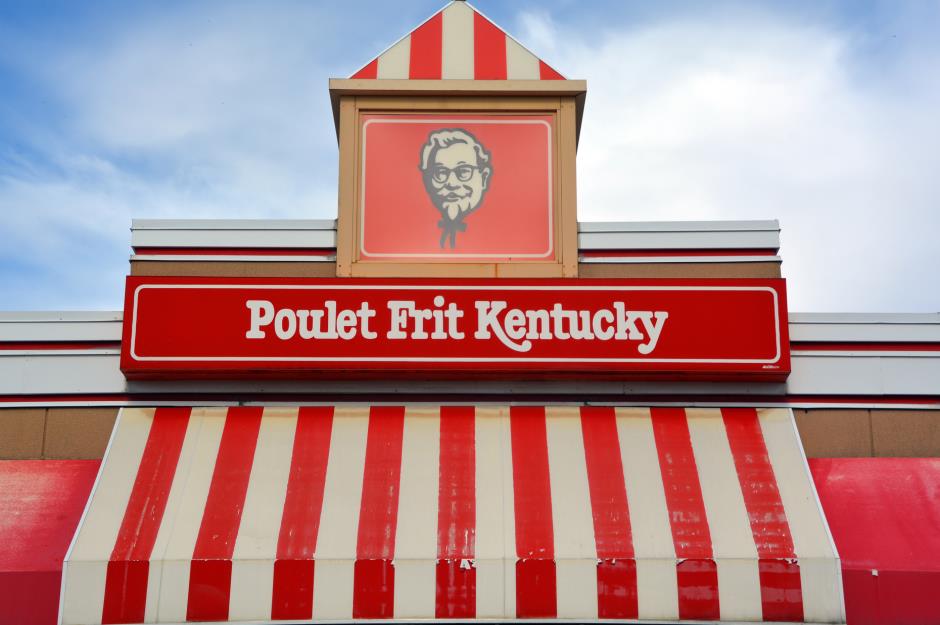
The reason for the name change? The Office Québécois de la Langue Française, which is the Quebec government's language watchdog, insists that commercial brand names displayed in Quebec must include an element of French.
That explains why Kentucky Fried Chicken is known by its direct French translation, although rest assured the menu is still pure KFC.
Lay's chips or Walkers crisps?
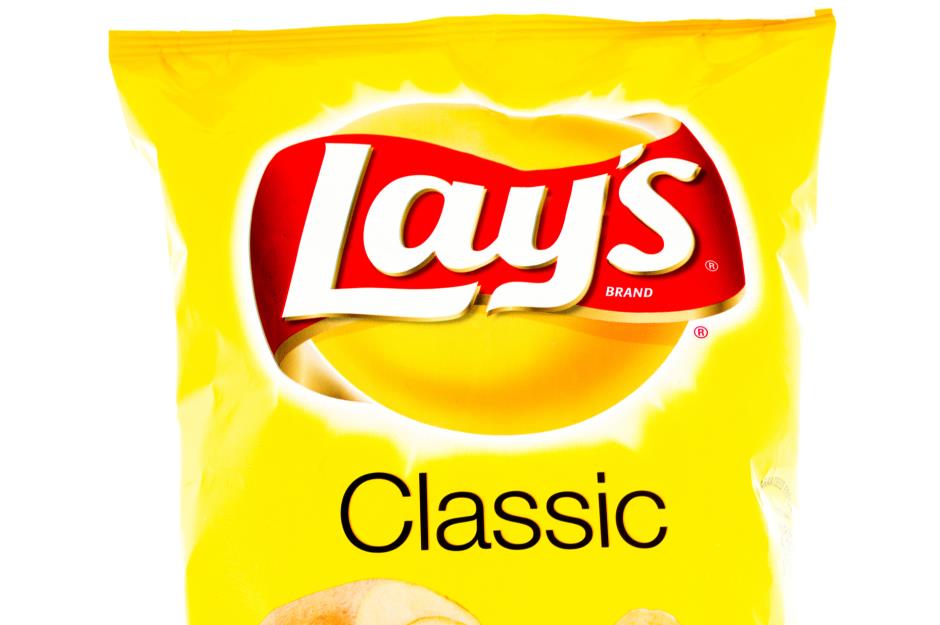
American visitors to the UK won't find a packet of Lay's chips for love nor money – if they're looking for them under the brand name Lay's, that is.
In the UK they're sold under the brand name Walkers, with Brits referring to them as "crisps" rather than "chips", and the company's Leicester HQ reportedly produces more than 11 million packets every single day.
Sponsored Content
Brits say Walkers, Americans say Lay's
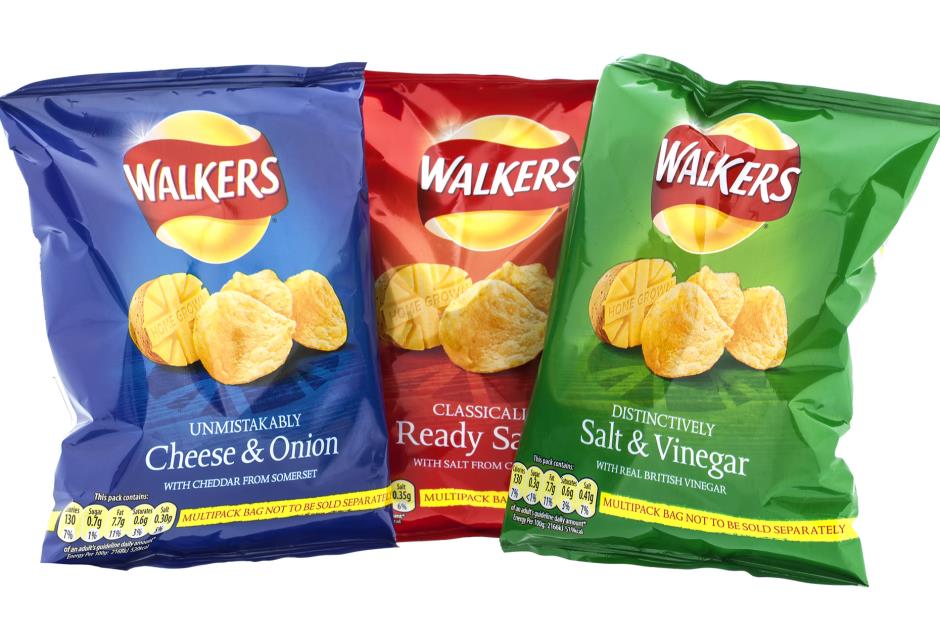
PepsiCo, the owner of Frito-Lay which manufactures Lay's chips, acquired British snack brand Walkers Crisps back in 1989.
PepsiCo is said to have considered renaming Walkers to Lay's but ultimately decided that such a radical change would damage consumer loyalty in the UK.
It's all in a letter for TJ Maxx
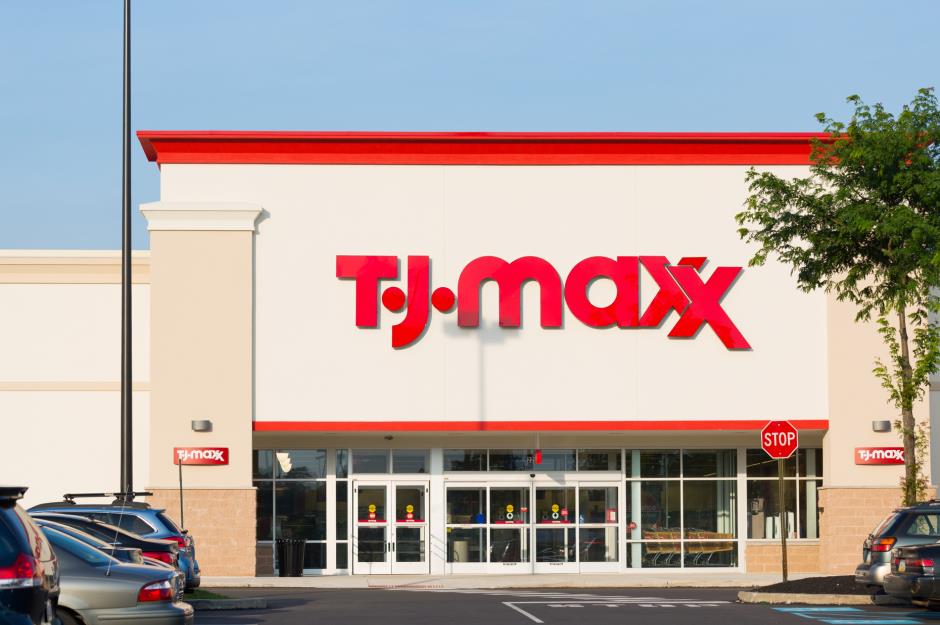
It might be known as TJ Maxx across the United States but in the UK, Europe, and Australia, the fashion and lifestyle discount store is better known as TK Maxx.
The logo is largely unchanged, however, and if you walk into a TK Maxx or TJ Maxx anywhere in the world, you'll struggle to tell the difference.
It's TK Maxx in the UK, Europe, and Australia
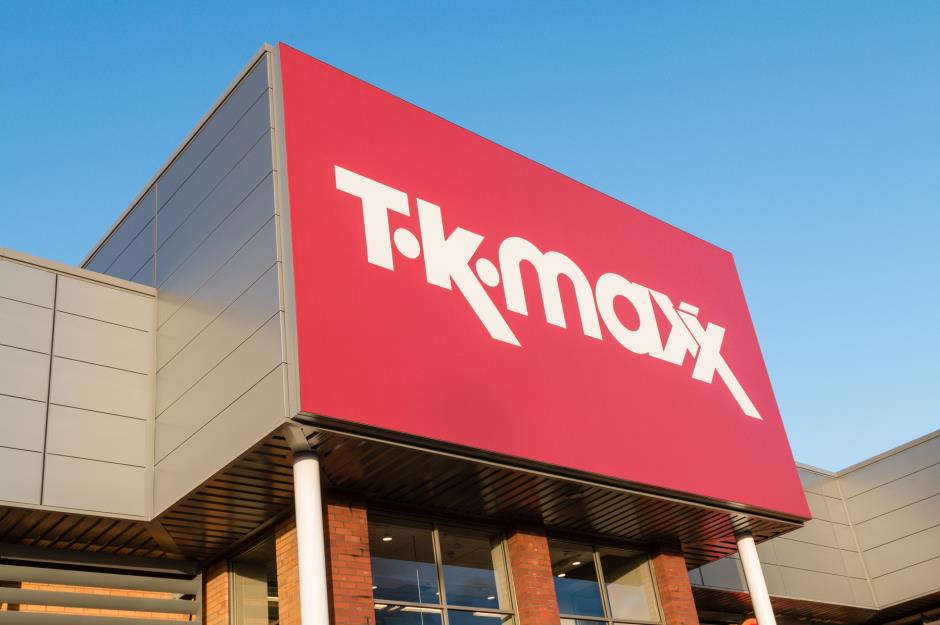
When TJX, the parent company of TJ Maxx, looked at expanding into the UK, it found that there was a retailer with a similar name already operating there: TJ Hughes.
As a result, TJX decided to switch its "J" for a "K", and TK Maxx was born. When the company expanded into mainland Europe and Australia, it opted to roll out the TK Maxx brand there too.
Sponsored Content
Axe got the axe in some countries
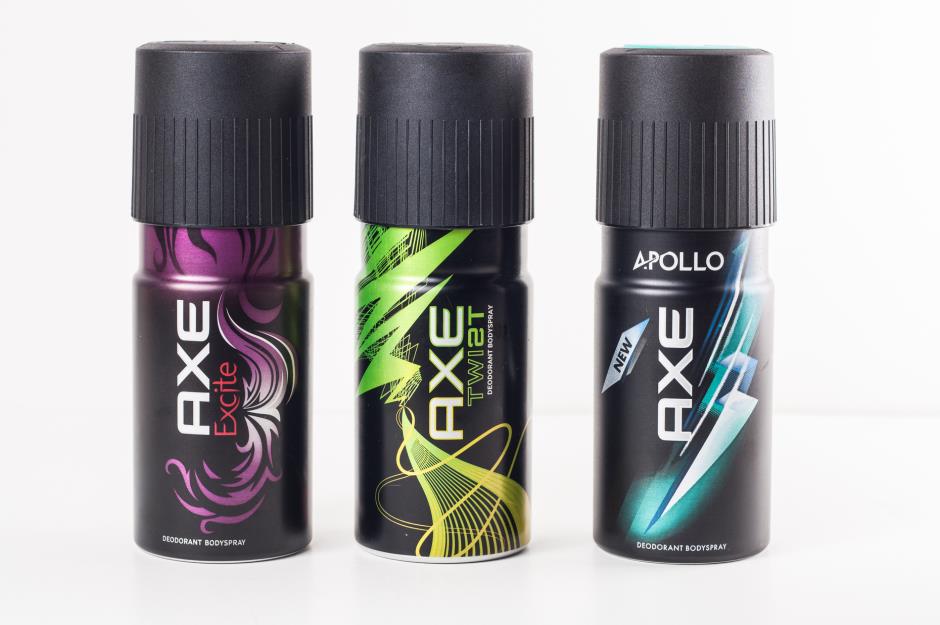
Men all around the world reach for Axe products when it comes to their personal grooming. However, the Unilever brand is not known under its Axe moniker in the UK, Ireland, Australia, and China.
Instead, if you're looking to purchase Axe products in these territories, you'll need to keep your eyes peeled for Lynx.
Lynx takes the place of Axe in certain places
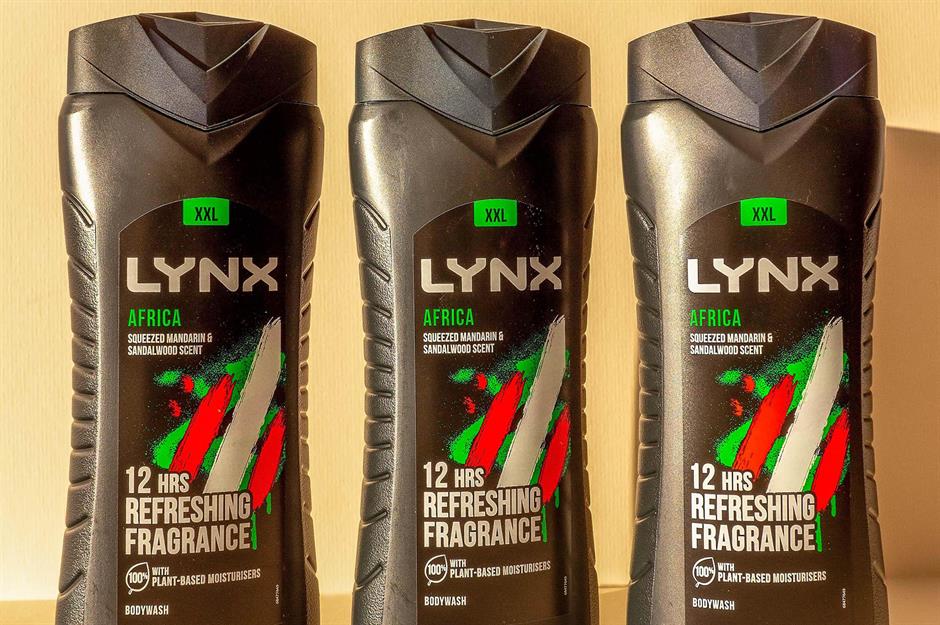
Unilever first launched the Axe brand of male grooming products in France in 1983. However, trademark issues led Unilever to rename the brand to Lynx in the UK and other parts of the world. The names are still similar, kind of; both are single syllable and retain an "X", which wasn't an accident.
The product formulations are the same, with the famous "Lynx effect" perhaps sounding slightly more palatable than "the Axe effect"...
Rice Krispies swap their krispies for bubbles in Oz
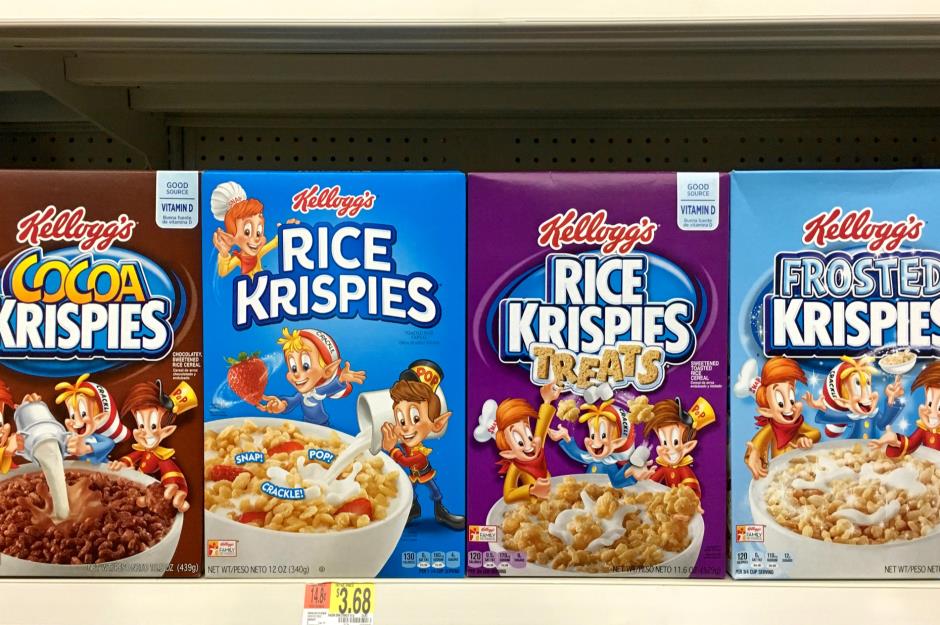
Kellogg's popular breakfast cereal Rice Krispies has been known as Rice Bubbles in Australia and New Zealand since its launch in Australasia in the early 1930s.
Regardless of what you call it, the crisped rice cereal retains that all-important snap, crackle, and pop wherever you eat it – after all, the cereal is exactly the same the world over.
Sponsored Content
Look out for Rice Bubbles on Australian supermarket shelves
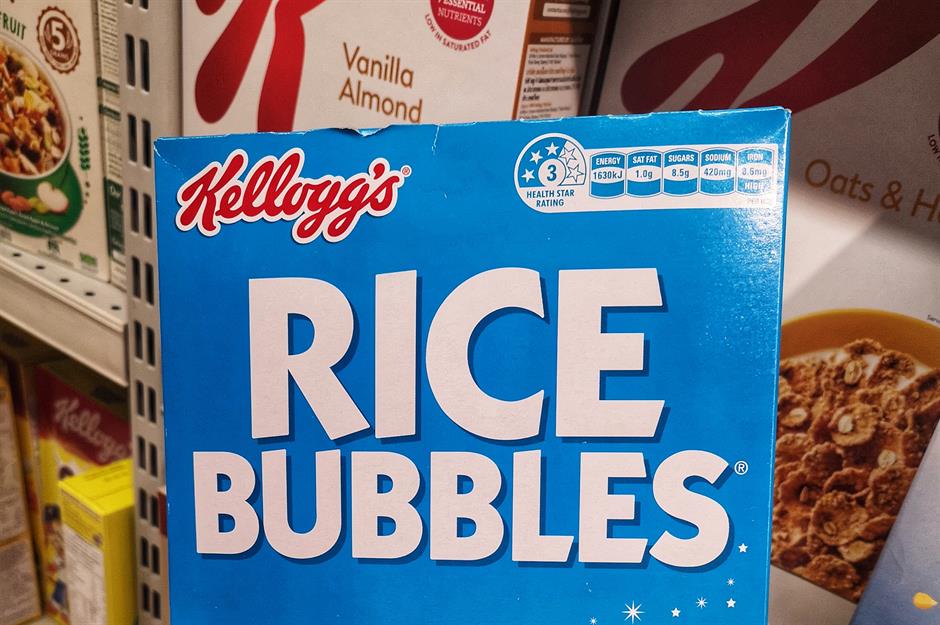
Of course, ardent fans know that Rice Krispies aren't just for breakfast. The cereal has long been used in recipes too: in the UK, kids love tucking into Rice Krispie treats, while their Australian counterparts adore Rice Bubble slices.
The reason for the cereal's name change is not known but, as in most instances, it's likely to have been the result of trademark issues.
The 3 Musketeers bar has a British alias...
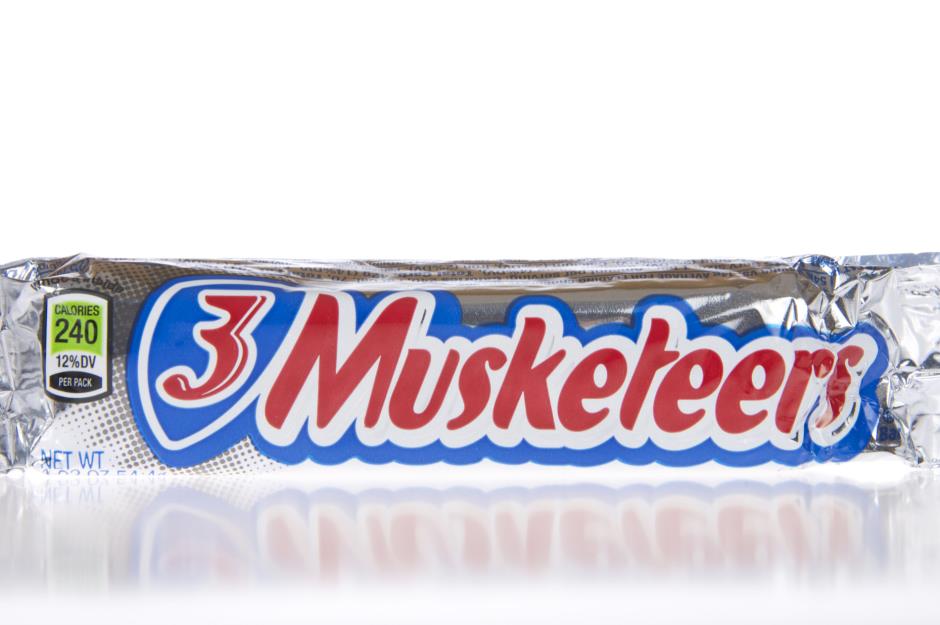
You won't find a 3 Musketeers bar on supermarket shelves in the UK – but if you know what to look for, you'll find the exact same chocolate bar in the guise of a Milky Way.
Unlike many other renamed products, however, the Milky Way bar wrapper looks completely different to that of a 3 Musketeers bar.
But a Milky Way bar isn't called that in the US
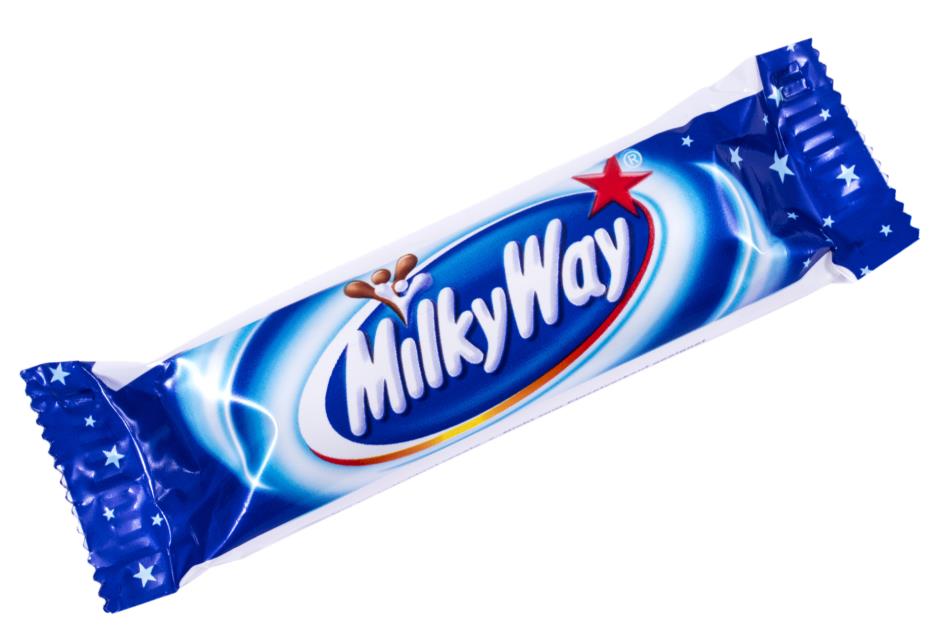
To pull sugar-craving consumers into a galaxy of confusion, a Milky Way bar in America is what the Brits call a Mars bar.
And speaking of space-named chocolate bars, that brings us neatly on to...
Sponsored Content
Don't expect a bar of chocolate when you ask for Dove in the UK
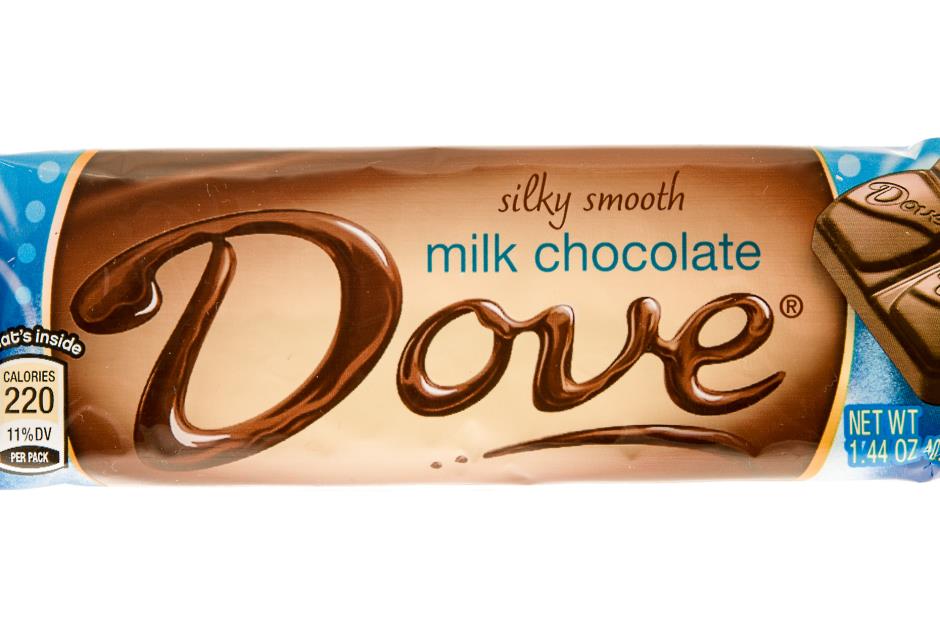
Galaxy! Or Dove, as it's known in the US.
However, ask for some Dove in the UK or Ireland and you're more likely to be handed a bottle of shower gel or a bar of soap; after all, the personal care brand that goes by the same name is a staple in European households.
Dove chocolate bars are still available to buy in the UK and Ireland – they just go by the name of Galaxy.
Dove is Galaxy in Britain
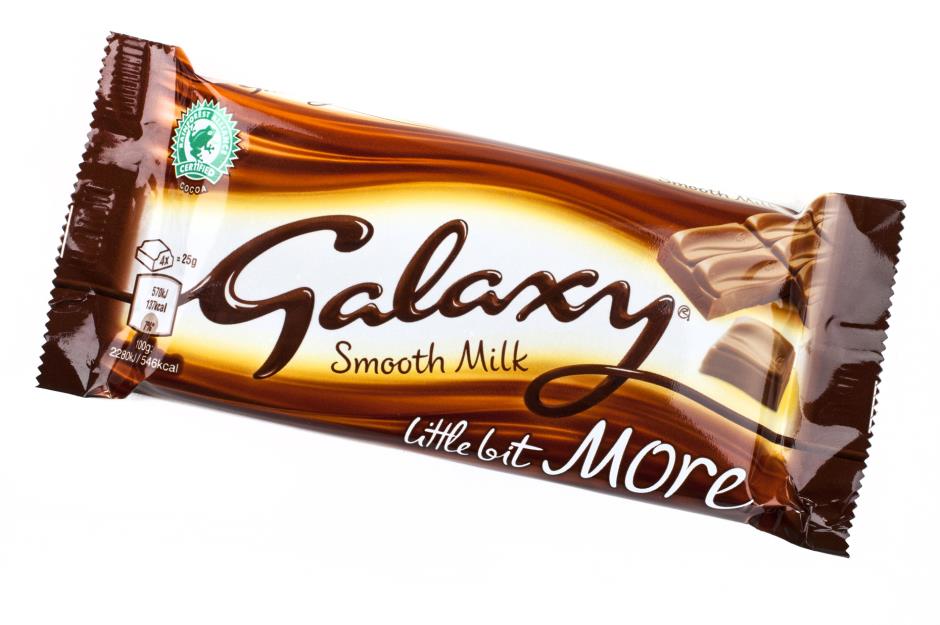
Dove and Galaxy both started off as independent confectionery companies. Dove Candies & Ice Cream was Chicago-born in the 1950s, while Galaxy was a UK firm that first launched its sweet treats in the 1960s.
Global confectioner Mars Inc. acquired both brands and their product lines were slowly unified.
Although the design of both products' packaging is now almost identical, Brits still opted to stick with the familiar Galaxy brand name.
Good Humor causes brain-freeze overseas
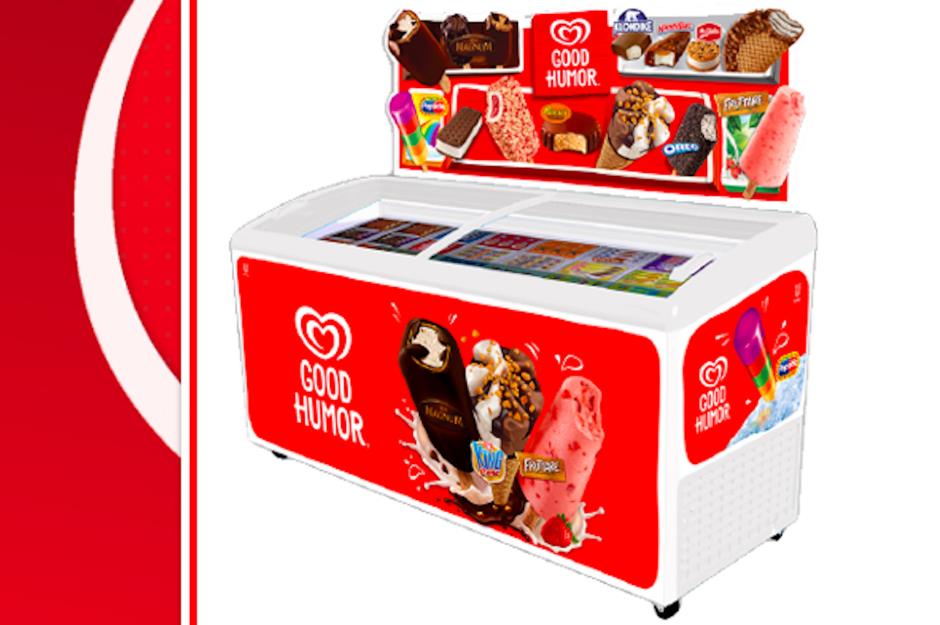
If you find yourself craving an ice cream in the United States and Canada, you can expect to be greeted with a choice of Good Humor frozen treats.
Outside of North America, however, it's a whole different story. Unilever, the brand's parent company, has a host of regional names for its ice cream products, although that distinctive swirly heart logo is the same wherever you are in the world.
Sponsored Content
The ice cream that goes by many names
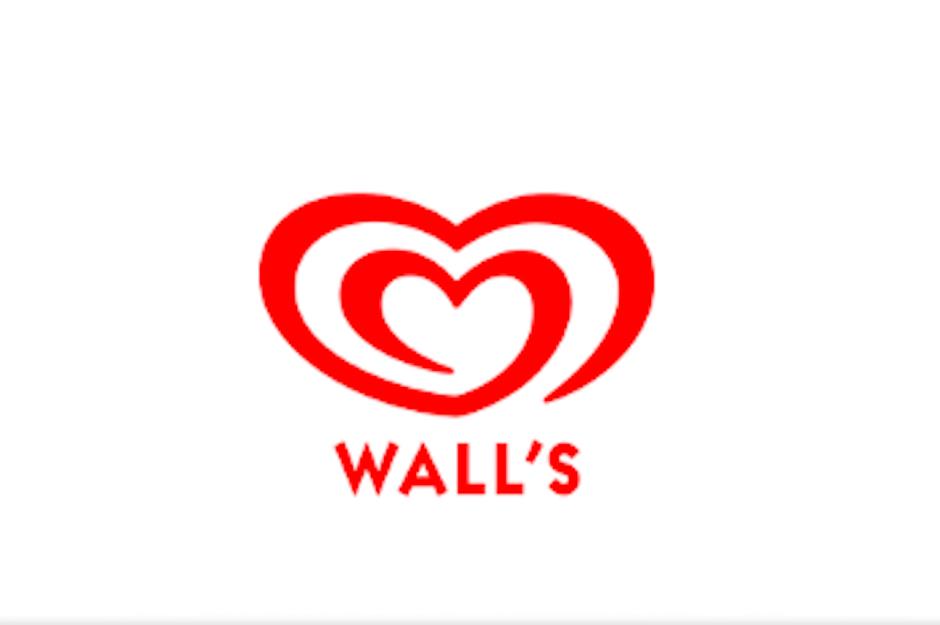
The Unilever division that looks after ice cream is called Heartbrand, and its products go by a variety of brand names depending on where you are in the world.
If you're looking for a Heartbrand ice cream in the UK, look for the name Wall's; in Australia and New Zealand, it's called Streets. In India, however, it's Kwality Wall's, while in Ecuador you'll need to ask for a scoop of Pingüino.
Vaseline has a Spanish alias
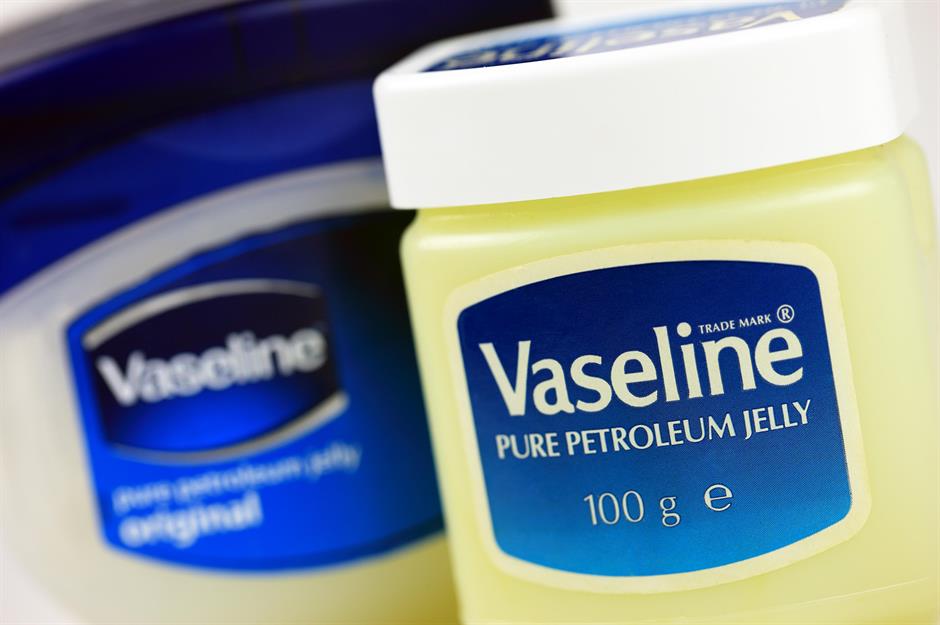
The petroleum jelly and other related skincare products in the Vaseline portfolio go by a different moniker in most of the Spanish and Portuguese-speaking world.
In Spain, Portugal, Brazil, and Uruguay, for example, the brand is better known as Vasenol.
Reach for a pot of Vasenol in Spanish-speaking nations
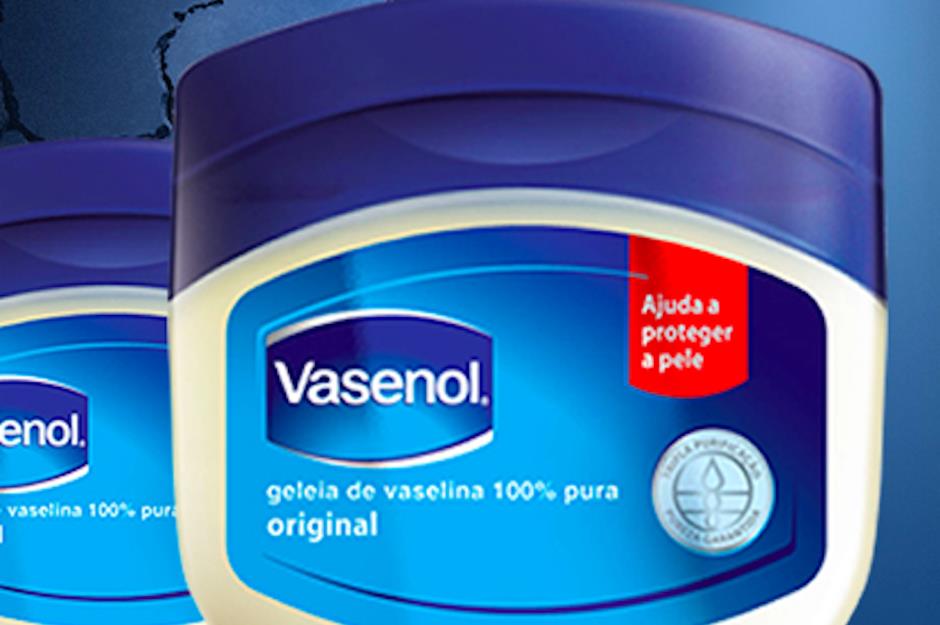
Vaseline is the generic name for petroleum jelly in the majority of countries. However, as you can see, the packaging design is pretty much identical, whatever you call it.
Sponsored Content
Is it Olay or Olaz?
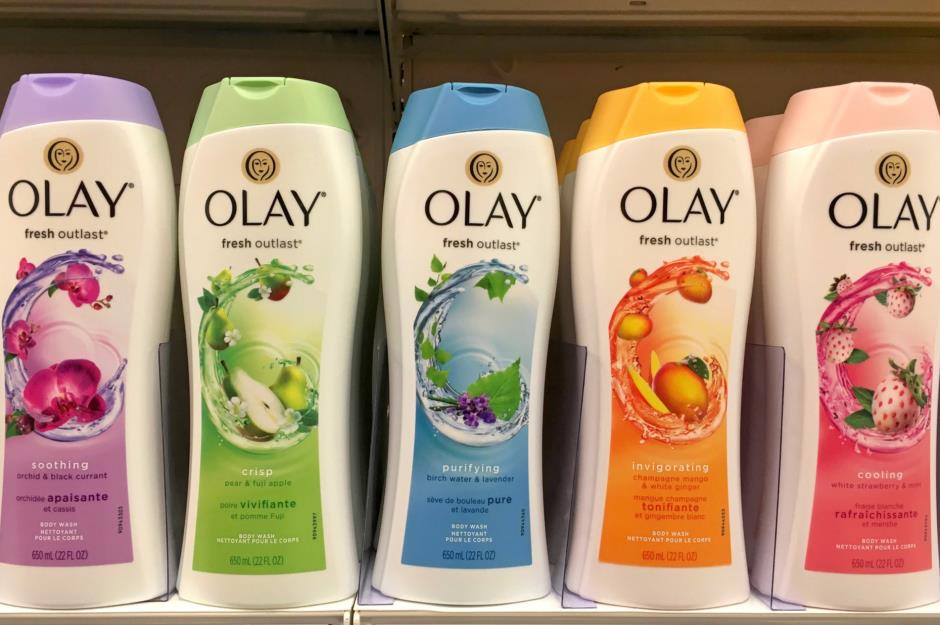
The Olay skincare brand originated in South Africa and was purchased by Procter & Gamble in 1985, with the goal of turning it international.
The aim was achieved but in order to succeed in certain territories, a name change was required.
Olaz is Olay in German
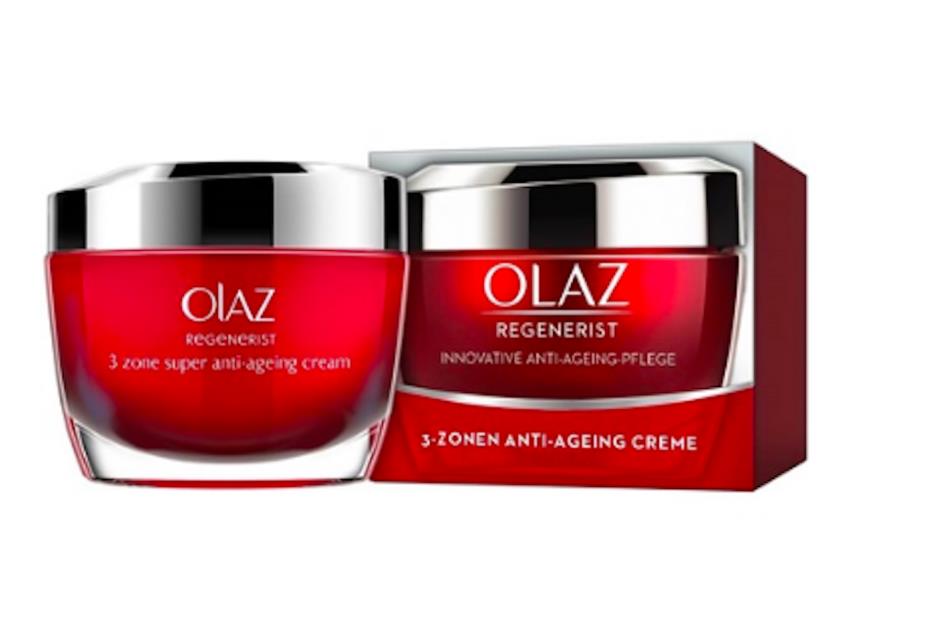
Initially, Procter & Gamble branded its newly-acquired Olay products as Oil of Ulay in the UK and Ireland, Oil of Olaz across mainland Europe, and Oil of Ulan in Australia.
Fast-forward to today and the "Oil of" part of the name has been dropped, with the brand identity standardised across most territories to simply Olay. In German-speaking countries, the brand is called Olaz.
You can't order a Diet Coke everywhere
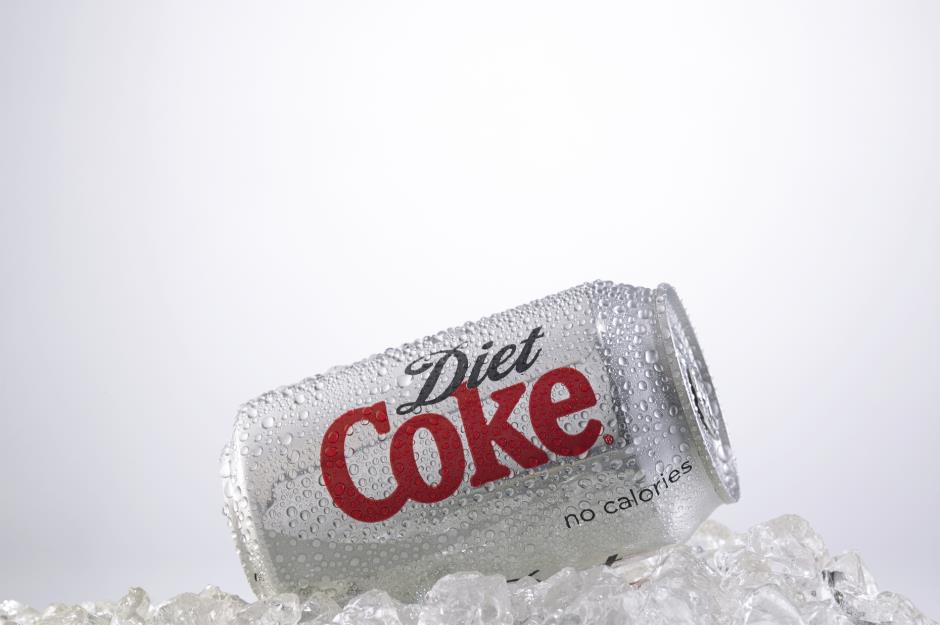
Fancy a Diet Coke? You can't ask for it by that name in every country around the world.
"Diet" isn't the global go-to term to describe a product that's low in calories. In some territories, for example, you'll have to order a Coca-Cola Light if you want the low-cal option.
Sponsored Content
Different name, still the real thing
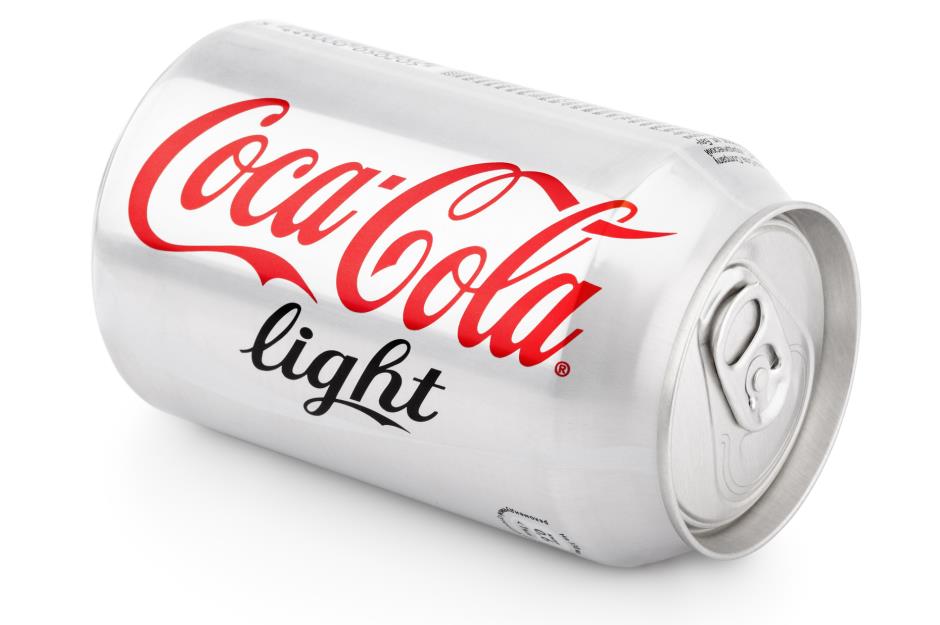
Americans, Canadians, New Zealanders, Brits, and the Irish all call it Diet Coke. Australians use the slightly longer name of Diet Coca-Cola.
However, the refreshing drink is known as Coca-Cola Light across mainland Europe, Malaysia, and Mexico, while in Sweden it's referred to as Light Coca-Cola.
The logo and branding are the same worldwide, however, so it's easy to spot the distinctive silver cans wherever you are.
Yoghurt but not as you know it
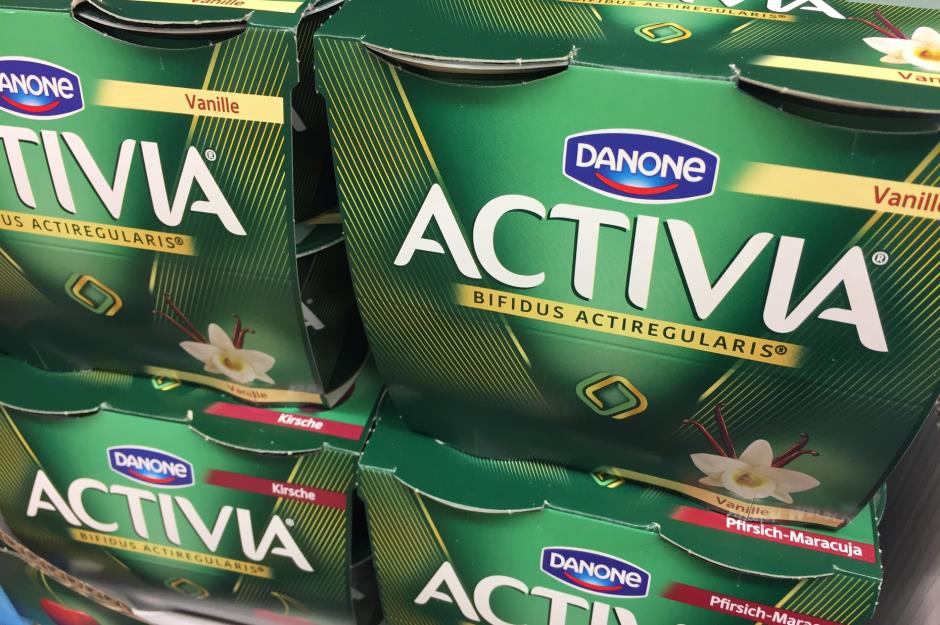
Danone yoghurt originated in Barcelona, Spain in 1919. In the early 1940s, the founder's son spotted an advertisement for a yoghurt factory that was up for sale in New York City.
In a bid to take the business international, he bought it, naming the new division Dannon Milk Products.
Dannon remains a US institution
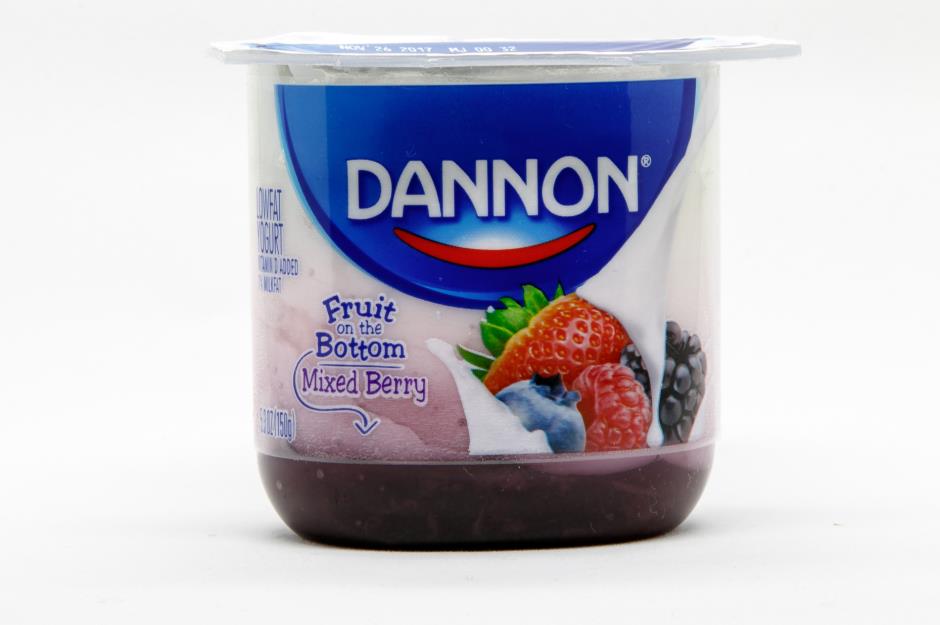
It's thought the Dannon name was chosen for the US market as Americans found it hard to pronounce "Danone" correctly; according to reports, the name was frequently mispronounced as "Dan One".
Nowadays, however, the name Dannon is so closely associated with Danone's products in America that a name change is unlikely.
Sponsored Content
Kraft Mac 'N' Cheese gets renamed in Canada
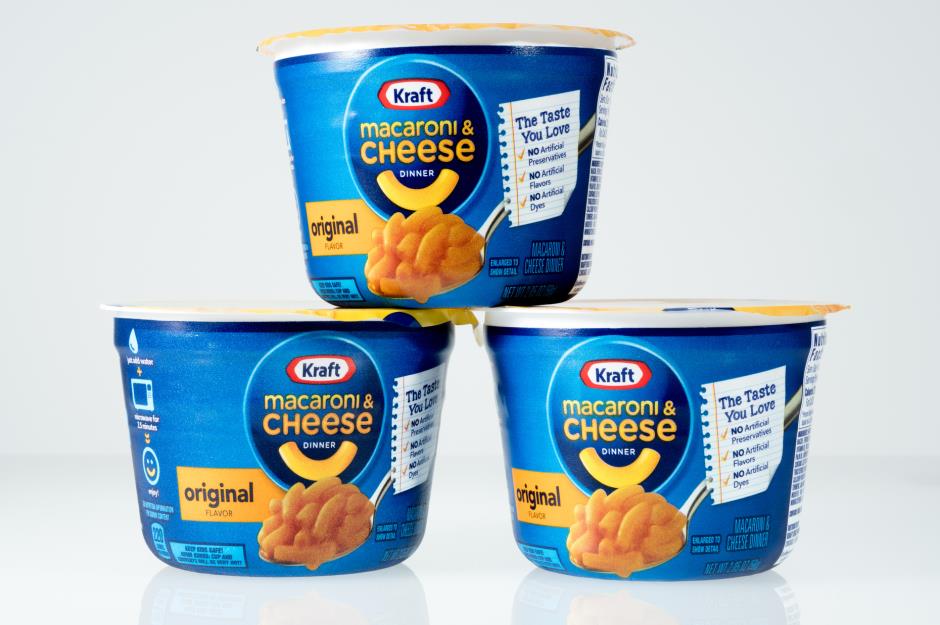
Kraft's Macaroni and Cheese Dinner, or Kraft Mac 'N' Cheese as it's affectionately known, has been a household staple in America since its introduction in 1937.
Kraft Mac 'N' Cheese is also popular in Australia. Just across the American border in Canada, however, Kraft Mac 'N' Cheese has always been known more simply as Kraft Dinner.
Kraft Dinner becomes KD
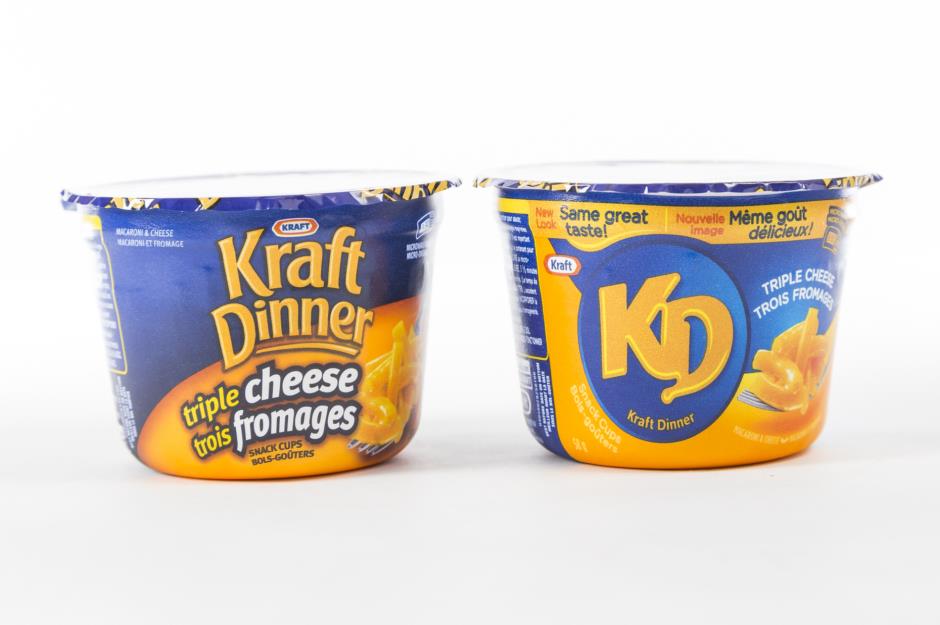
More recently, Canadians took it upon themselves to personalise their Kraft's Mac 'N' Cheese further. With "Kraft Dinner" seemingly too much of a mouthful, they abbreviated the dish to just "KD".
The nickname is so well known that in 2015, Kraft's Canadian division decided to officially adopt it as the product's new name.
Now discover 10 famous brands that came back from the brink
Comments
Be the first to comment
Do you want to comment on this article? You need to be signed in for this feature